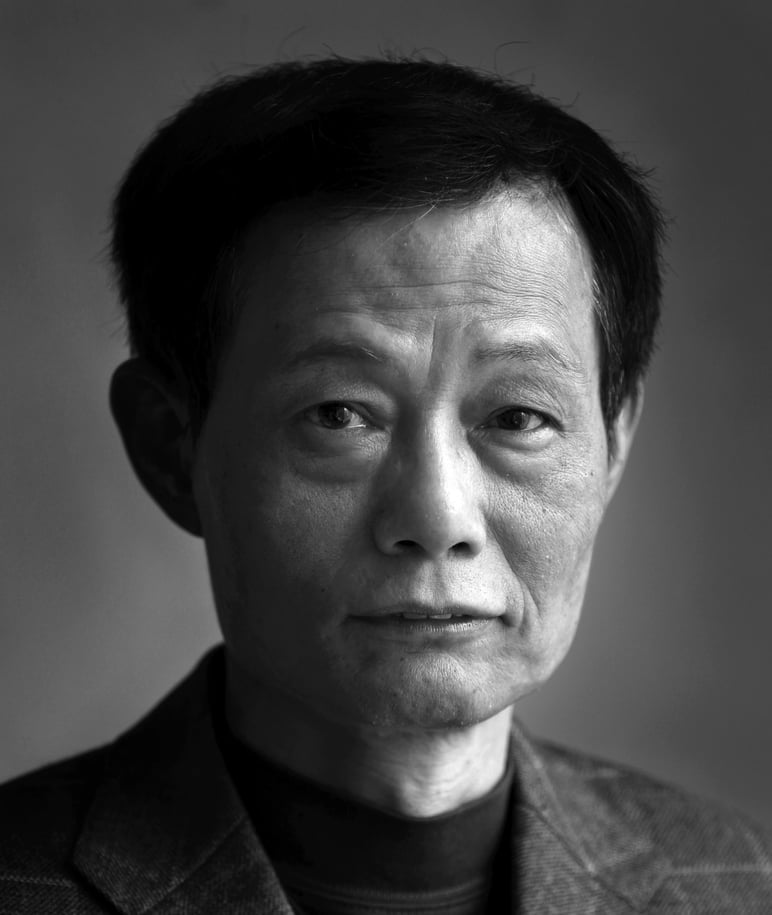
Is China defending its interests in the South China Sea – or its pride?
Cary Huang believes Beijing will lose much more than it can gain from a refusal to honour an international ruling on its territorial quarrel with the Philippines
It is widely expected that the Permanent Court of Arbitration in The Hague will rule in favour of the Philippines in its dispute with China over territorial claims in the South China Sea.
That ruling will not only challenge the legality of China’s “nine-dotted line” claim over most of the waterway under the UN Convention on the Law of the Sea, it will also put Beijing in a political and diplomatic quandary, as it will have to decide whether this is about defending “national pride” and its “core interests”, or to show that it is a responsible and peace-loving rising power.
Is there a way for Beijing to save face after the South China Sea arbitration ruling?
The dispute is awash with competing historic, geographical and legal narratives among six claimants, which also include Vietnam, Malaysia, Brunei and Taiwan. It is true that the impending ruling may not be able to settle the issues, given their complexity, particularly as The Hague has no powers of enforcement and its rulings have been ignored before.
But the arguments have become a new venue for Sino-US competition, pitting China against a United States-led regional, even global, alliance. The disputes date back, in some cases, centuries, but recent Chinese action to create islands and install military hardware at a rapid pace has triggered jitters in the region.

China is sailing solo on South China Sea issues, despite its claims to the contrary
In reaction, Washington demands that freedom of navigation be preserved at all costs throughout trade routes, and has dispatched warships and fighter jets to sail near or fly over Chinese-held islands to challenge China. This has been supported by all the other G7 member nations as well as the European Union, not to mention most of China’s neighbours, with just a few – such as Russia, Cambodia and Laos – remaining neutral. The US has formal military alliances with Japan, South Korea, the Philippines, Thailand, Australia and New Zealand, and has formed or is forming security partnerships with Singapore, Malaysia, Indonesia, Vietnam, Burma and India. Washington has deployed some 360,000 active servicemen in the region.
The challenge for China is that it could lose a legal battle under an international law of which it is a signatory. Beijing could also lose the fight for global public opinion if it refuses to honour the ruling.
Moreover, it will risk further alienating regional neighbours if it uses any negative ruling as a pretext to take provocative action, such as building more facilities or declaring an air defence identification zone in the area, or shows its defiance by quickly following up with another aircraft landing on the occupied islets.

The US is right that China has no allies – because it doesn’t need them
Diplomacy is the art of compromise. And history suggests that Chinese leaders from Mao Zedong (毛澤東) to Deng Xiaoping ( 鄧小平 ) have shown flexibility to avoid inflaming territorial disputes. Since 1949, China has settled 17 of its 23 territorial disputes. Moreover, it has offered substantial compromises in most of these settlements, usually receiving less than 50 per cent of the contested land. While seeking to achieve the maximum possible to protect national interests, current leaders should also adopt pragmatic diplomacy, particularly amid widespread suspicion over China’s rise.
While the area holds undersea oil and natural gas reserves, as well as ample fisheries, its economic benefits are limited, compared with the size of the world’s second-largest economy. The utmost value of the area lies in the sea lanes for half the world’s commercial shipping, which are also crucial to the development of the world’s largest goods exporter.
Some say the area has strategic and military significance. But the sovereign rights pertaining to the small islets do not include the right to manage other nations’ ships plying routes along the sea lanes, or planes flying commercial routes, under the international norms of freedom of navigation.
Thus, the disputes, concerning dozens of deserted islands occupied only by a few animals, is more about national pride than real national interests. Is that something worth fighting for, even at the risk of a nation’s very existence?
Cary Huang is a senior writer at the Post

